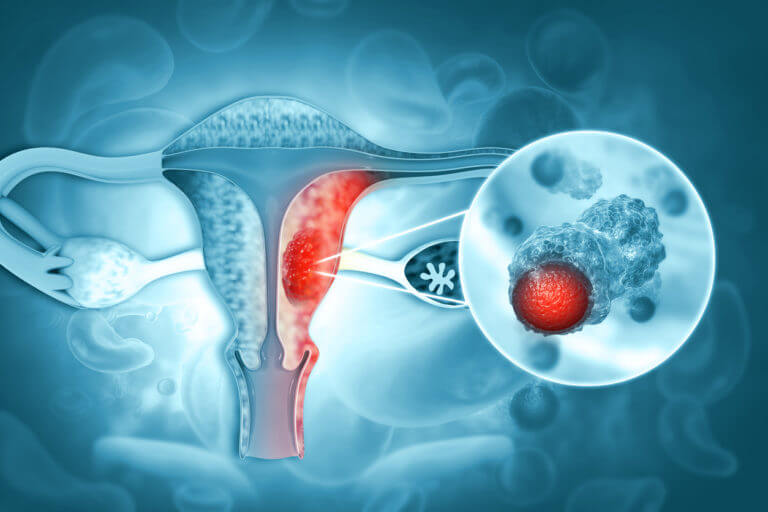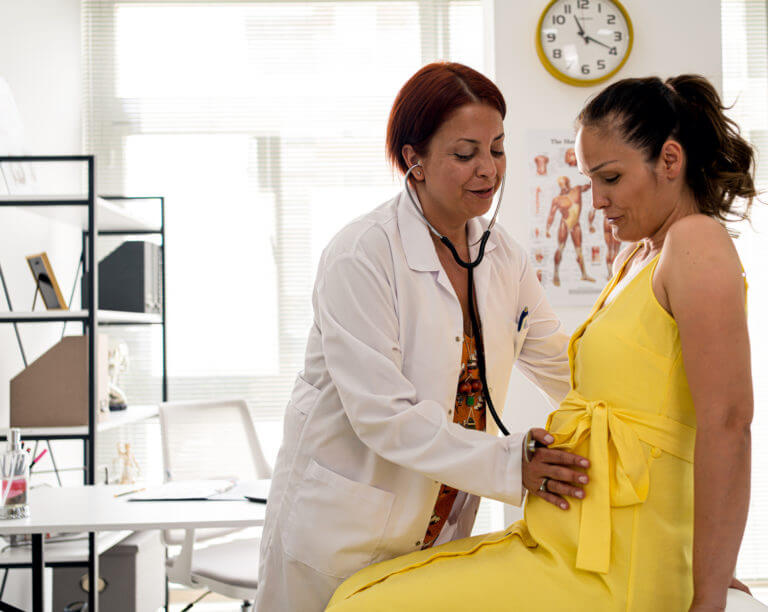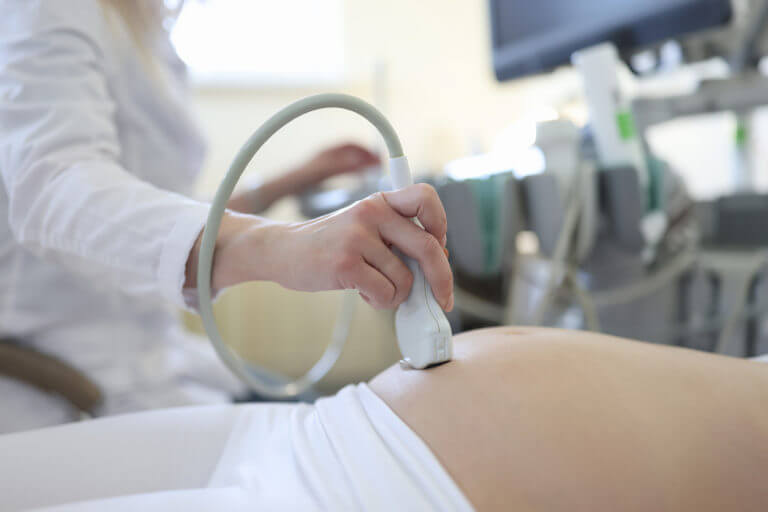When it comes to women’s health care, one of the most prominent medical professionals you will hear about is obstetricians. Obstetricians are specialists in the field of obstetrics. If you aren’t familiar with what an obstetrician does, let’s get you up to date. What is an Obstetrician? An obstetrician is essentially the go-to medical professional
Read MoreBlog
DO I NEED TO SEE A GYNECOLOGIST AFTER MENOPAUSE?
A common misconception that many people have is that gynecological care is only needed for women of child-bearing age. After all, gynecological care is very much focused on reproductive health, so once that phase of a woman’s life is over, why see a gynecologist? Nothing could be farther from the truth. Gynecological care is necessary
Read MoreHow to Know When You Need to Visit a Women’s Health Doctor
There are a lot of things that women have to worry about when it comes to their health. From yeast infection to breast cancer, women always have to be on the lookout for any signs that something might be wrong. However, sometimes, it can be quite hard to know when exactly you should go and
Read MoreWhy Women Should See a Gynecologist Annually
If you’re one of those women who are aware that they should see a gynecologist regularly but are still not making it a priority, it’s about time you make up your mind. Even if you’re not sexually active, or you think you don’t have anything to worry about, it’s important to see your gynecologist for
Read MoreC-SECTION FACTS YOUR OBSTETRICIAN WANTS YOU TO KNOW
If you are pregnant – or planning to become pregnant – chances are you’re already aware that there is more than one method for delivering a baby. In the event that you are unable to have a natural delivery, a caesarean section (c-section) may be necessary. A c-section is an operation in which a doctor
Read MoreTIPS TO OVERCOME ANXIETY ABOUT A GYNECOLOGIST VISIT
Does visiting a gynecologist make you nervous? A study conducted by Midwifery found that more than half of all women felt anxious or worried about undergoing a pelvic exam, so you’re not alone. There are any number of reasons why you might feel anxious about meeting with your gynecologist. If it’s your first pelvic exam, you may not know what
Read MoreHow Women’s Health Doctors Can Keep You Healthy
Women’s medical needs change from one stage of their lives to the next. That’s why it’s so important for every woman to take the initiative when it comes to her health, and partner with a trusted OB/GYN. Going to a general practitioner is beneficial for your overall health, and this doctor keeps track of all
Read MoreObstetrician vs. Gynecologist: What’s the Difference?
Women’s health might seem confusing if you’ve never seen anyone but your primary care doctor for healthcare before. However, as a woman, it’s important to consult with an OB/GYN – which stands for obstetrician/gynecologist. This is a doctor who specifically caters to women’s reproductive and urinary health. Let’s discuss the differences and the overlapping similarities
Read MoreWhat a Urogynecologist Does?
Leaking urine, a feeling of fullness or pressure in your pelvis that is sometimes accompanied by low back pain, pelvic pain, foul-smelling vaginal discharge, and recurrent vaginal or urinary tract infections are symptoms that warrant a visit to a urogynecologist. A urogynecologist is a physician who has advanced training in the subspecialty of obstetrics and
Read MoreWhat Are Some Recommendations that My Women’s Health Doctor Could Give Me if I Want to Strengthen My Pelvic Floor After Pregnancy?
Having a baby is a wonderful thing, but pregnancy often results in some undesirable changes in a woman’s body. The good news is that most of these changes – such as weight change, stretch marks, a wider vagina, and erratic hormone levels – are temporary problems which can either be treated or eventually go away
Read More












